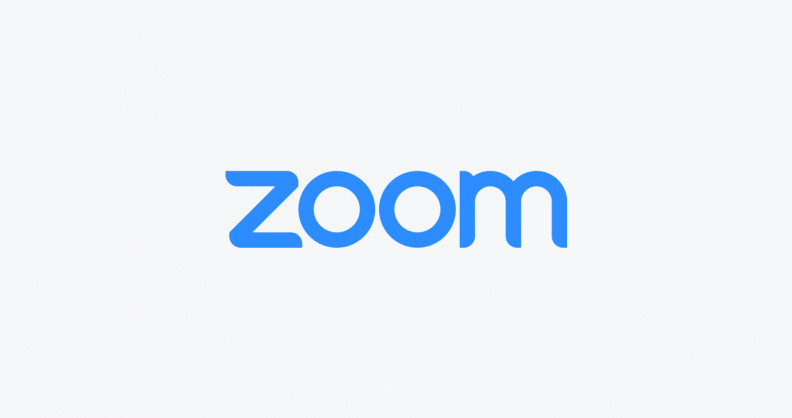Zoom announced that it has begun rolling out an advertising program for millions of Basic users who take advantage of the free video conferencing service. At least for now, ads will show only on the browser page that users see after a meeting ends.
In Zoom’s announcement blog post, the company says it’s “important to Zoom that we can continue to provide our products and services to our users.” and that “For this initial program, ads will be rolled out only on the browser page users see once they end their meeting. Only free Basic users in certain countries will see these ads if they join meetings that are hosted by other free Basic users.”, reads Zoom’s blog post.
This product shift happens as the idea of a metaverse is coming into public consciousness, with Meta (Facebook until last week), Microsoft, and other players pushing some future internet augmenting the virtual and real worlds.
As I wrote last week, “We already have a pretty extremely virtual world. Fragmented social networks, websites, chat programs, streaming services, video conference tools, video games, and hybrid concepts already bind our physical and virtual lives. Someone could start a day watching a new movie on Disney+ while scrolling Twitter. Jump into Slack to check when a meeting starts, hop onto a Zoom call[…]”
In a moment when many things have been virtual, we’re already in a fragmented, noncentralized metaverse. But the “real” metaverse may be an impossible utopia. One thing we all know is if it happens, it will be more ad-filled than Zoom.
Header Images: Zoom
A small town girl living in a robots world. But these robots only exist online and don’t look like Gabriel Luna. I cover things relating to AI and cybersecurity, topics that are increasingly converging.
